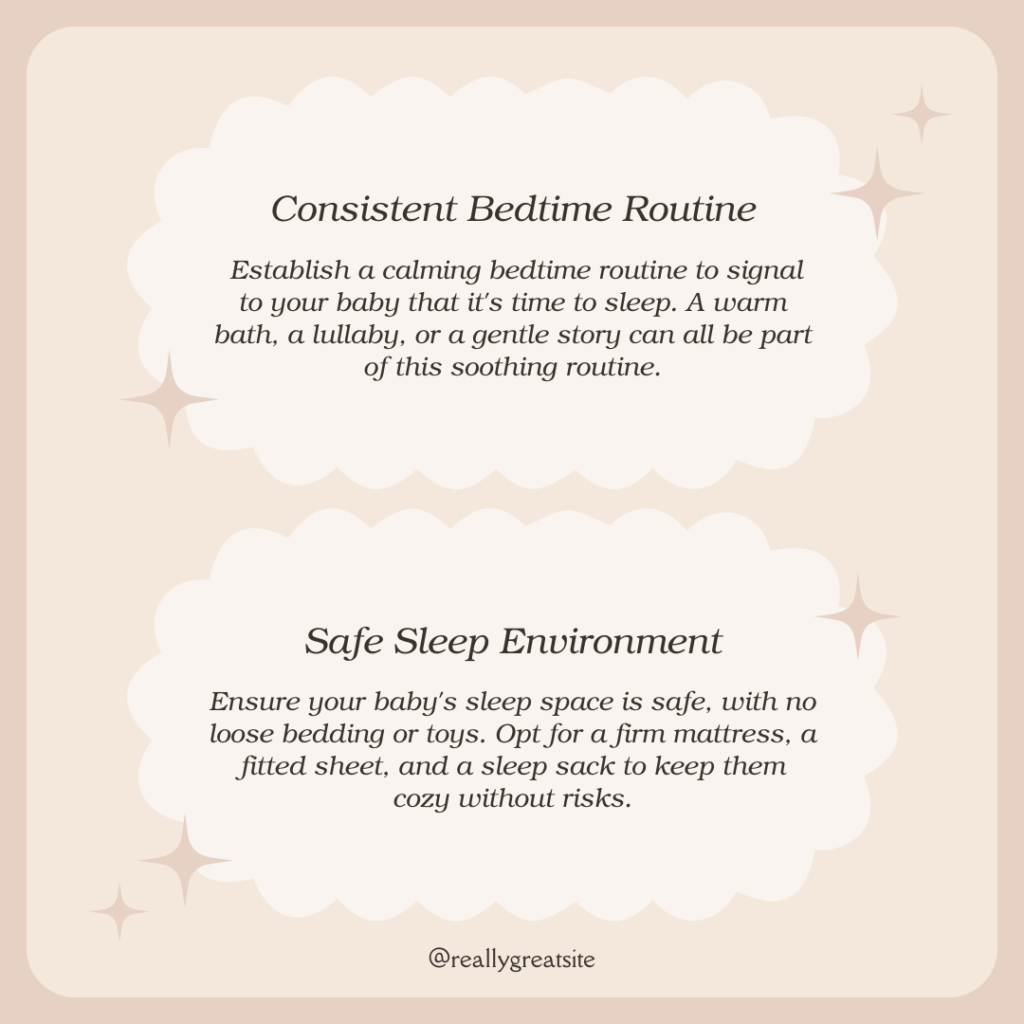Sleep and Biological Rhythms: Comprehensive Guide
Introduction
Sleep and biological rhythms are essential components of human health and well-being. Sleep allows the body and brain to recover and rejuvenate, while biological rhythms regulate various physiological processes, including the sleep-wake cycle. Understanding these processes is crucial for maintaining optimal health and functioning.

Stages of Sleep
NREM Sleep
Non-Rapid Eye Movement (NREM) sleep consists of three stages:
- Stage 1: Light sleep, where one drifts in and out of sleep.
- Stage 2: Onset of true sleep, characterized by sleep spindles and K-complexes.
- Stage 3: Deep sleep, also known as slow-wave sleep (SWS), essential for physical restoration.
REM Sleep
Rapid Eye Movement (REM) sleep is characterized by rapid eye movements, vivid dreams, and increased brain activity. It is crucial for cognitive functions such as memory consolidation and emotional regulation.
Sleep Cycle
A complete sleep cycle includes both NREM and REM sleep and typically lasts about 90 minutes. Adults usually go through 4-6 sleep cycles per night.
Circadian Rhythms
Definition
Circadian rhythms are roughly 24-hour cycles in the physiological processes of living beings, including sleep-wake cycles, hormone release, and body temperature regulation.
Regulation
Circadian rhythms are regulated by the body’s internal clock, located in the suprachiasmatic nucleus (SCN) of the hypothalamus. Light is the primary cue that synchronizes these rhythms with the external environment.
Impact on Sleep
Circadian rhythms influence the timing, quality, and duration of sleep. Disruptions to these rhythms can lead to sleep disorders and other health issues.
Biological Clocks
Suprachiasmatic Nucleus (SCN)
The SCN is the master clock that regulates circadian rhythms. It receives input from the eyes about light and dark cycles and adjusts the body’s internal clock accordingly.
Peripheral Clocks
Peripheral clocks are found in various organs and tissues throughout the body and are regulated by the SCN. These clocks help coordinate physiological functions in accordance with the master clock.
Genetic Influence
Genes play a significant role in regulating circadian rhythms. Mutations in certain genes can lead to disorders like familial advanced sleep-phase syndrome.
Sleep Mechanisms
Brain Structures Involved in Sleep
Key brain structures involved in regulating sleep include the hypothalamus, thalamus, and brainstem. The hypothalamus contains the SCN, which regulates sleep-wake cycles.
Neurotransmitters and Hormones
Neurotransmitters such as GABA and adenosine promote sleep, while others like norepinephrine and serotonin regulate wakefulness. Hormones such as melatonin, produced by the pineal gland, play a crucial role in sleep regulation.
Functions of Sleep
Physical Restoration
Sleep is essential for physical health, promoting tissue repair, muscle growth, and immune function.
Cognitive Function
Sleep enhances cognitive functions, including memory consolidation, problem-solving, and creativity.
Emotional Regulation
Sleep helps regulate emotions and mood, reducing the risk of mental health issues like depression and anxiety.
Sleep Disorders
Insomnia
Insomnia is characterized by difficulty falling asleep or staying asleep, leading to daytime impairment.
Sleep Apnea
Sleep apnea involves repeated interruptions in breathing during sleep, causing frequent awakenings and poor sleep quality.
Narcolepsy
Narcolepsy is a neurological disorder characterized by excessive daytime sleepiness and sudden sleep attacks.
Restless Legs Syndrome (RLS)
RLS involves an uncontrollable urge to move the legs, usually due to uncomfortable sensations, which can disrupt sleep.
Impact of Disrupted Biological Rhythms
Jet Lag
Jet lag occurs when traveling across time zones disrupts the body’s circadian rhythms, leading to sleep disturbances and other symptoms.
Shift Work
Shift work, especially night shifts, can disrupt circadian rhythms and lead to sleep disorders, fatigue, and health problems.
Seasonal Affective Disorder (SAD)
SAD is a type of depression that occurs at certain times of the year, usually in winter, when daylight hours are shorter. It is linked to disruptions in circadian rhythms.
Strategies for Healthy Sleep
Sleep Hygiene
Good sleep hygiene practices include maintaining a regular sleep schedule, creating a restful sleep environment, and avoiding stimulants before bedtime.
Lifestyle Changes
Lifestyle changes such as regular exercise, a healthy diet, and stress management can improve sleep quality.
Treatment Options
Treatment options for sleep disorders include cognitive-behavioral therapy for insomnia (CBT-I), medication, and light therapy for circadian rhythm disorders.
Current Research and Advances
Emerging Technologies
Emerging technologies, such as wearable sleep trackers and advanced brain imaging, are providing new insights into sleep patterns and disorders.
Key Studies
Recent studies are exploring the genetic basis of sleep, the impact of sleep on brain function, and the role of sleep in chronic diseases.
Future Directions
Future research aims to develop personalized sleep interventions, understand the molecular mechanisms of sleep, and explore the connections between sleep and overall health.
Key Concepts in Sleep and Biological Rhythms
| Concept | Definition |
|---|---|
| Circadian Rhythms | 24-hour cycles in physiological processes that regulate sleep-wake cycles, hormone release, etc. |
| Suprachiasmatic Nucleus (SCN) | Master clock in the hypothalamus that regulates circadian rhythms. |
| REM Sleep | Sleep stage characterized by rapid eye movements, vivid dreams, and increased brain activity. |
| NREM Sleep | Non-rapid eye movement sleep, consisting of three stages, including deep sleep. |
| Sleep Hygiene | Practices that promote good sleep quality and consistency. |
FAQs
What are circadian rhythms and why are they important?
Circadian rhythms are roughly 24-hour cycles in the physiological processes of living beings. They regulate sleep-wake cycles, hormone release, and other bodily functions, helping to maintain overall health and well-being.
How does the suprachiasmatic nucleus (SCN) regulate sleep?
The SCN, located in the hypothalamus, acts as the master clock that regulates circadian rhythms. It receives light input from the eyes and adjusts the body’s internal clock to synchronize with the external environment.
What are the main stages of sleep?
The main stages of sleep are NREM sleep, which includes light sleep, deeper sleep, and deep sleep (slow-wave sleep), and REM sleep, characterized by rapid eye movements, vivid dreams, and increased brain activity.
How can I improve my sleep hygiene?
Improving sleep hygiene involves maintaining a regular sleep schedule, creating a restful sleep environment, avoiding stimulants before bedtime, and practicing relaxation techniques to promote better sleep.

